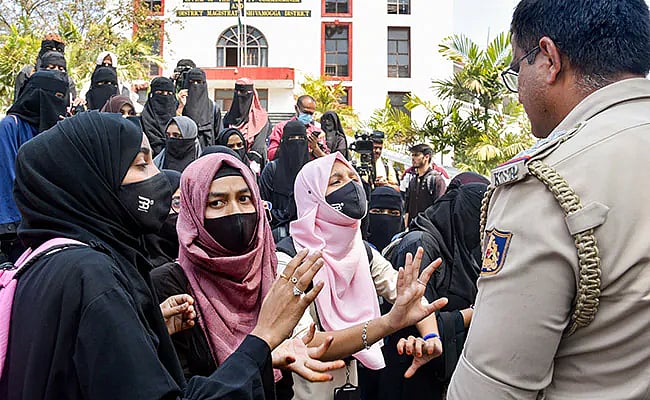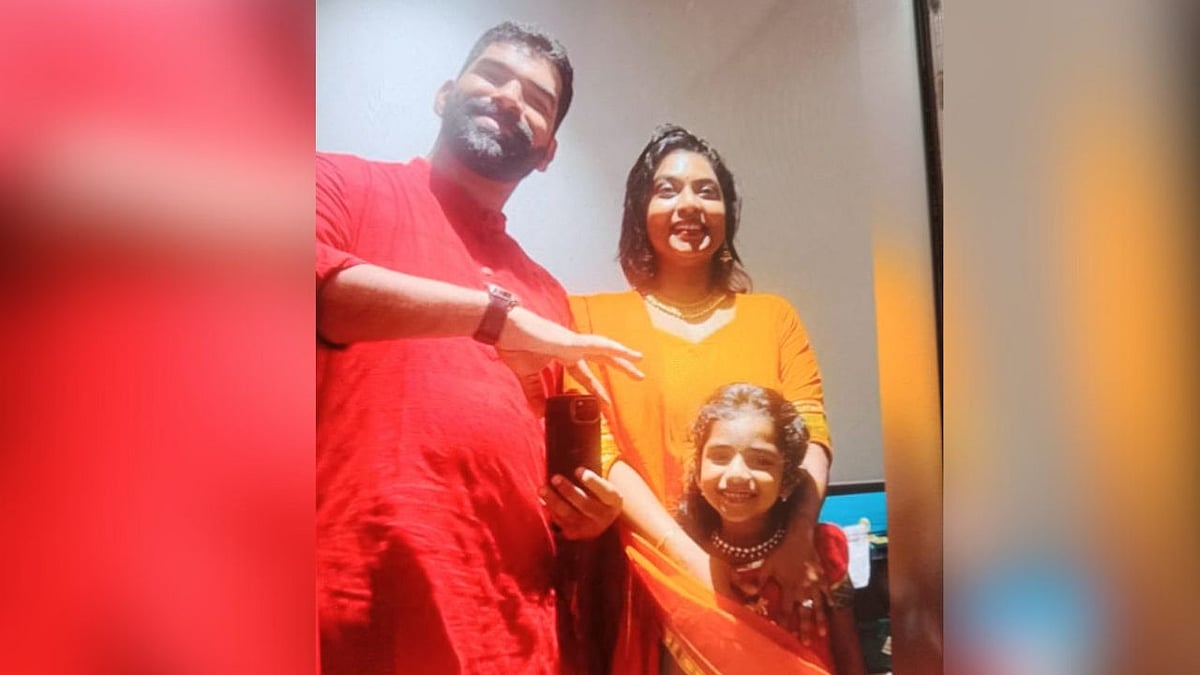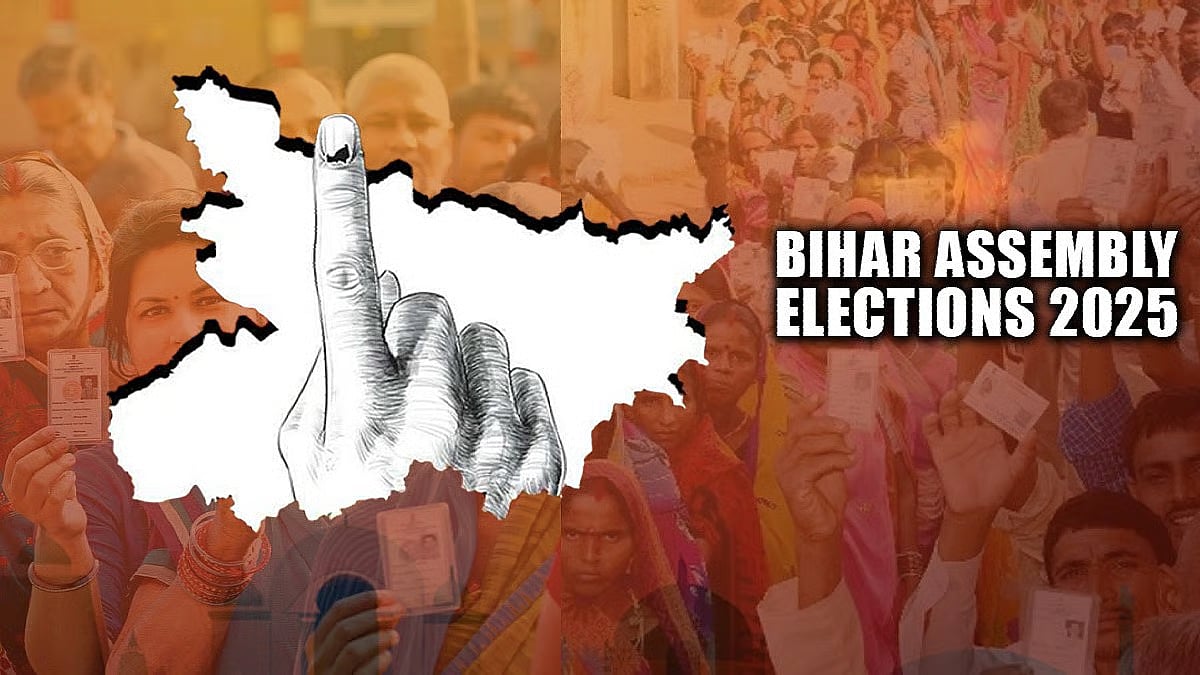The Karnataka High Court’s decision to declare the hijab as a non-essential Islamic practice is a setback for religious pluralism in the country. A non-issue, raked up by some fringe elements with the support of the ruling party in the State and at the Centre, to polarise voters in the five states which went to the polls recently, it has now become a raging controversy. It was with a diabolical purpose that six girl students of a government college in Udupi district in Karnataka were forced out of the campus because they wore the headscarf. Thousands of Muslim students have been attending classes with the headscarves on in the country until some saffron scarf-wearing students protested with ulterior motives. The matter should have been settled at the local level but the government stepped in to the controversy by issuing an order banning all religious clothing. It is against this order that some students went to the High Court where the single Bench recommended that it be heard by a three-member bench.
Given the religious and political dimensions of the verdict, it can be safely said that it is not the end of the matter. The case will definitely go to the Supreme Court where, too, it would not be easy to arrive at a decision. The point that the students argued was that the Constitution permitted them to wear attire that conforms with their religious practice. Now, the question is whether the hijab has scriptural sanctity. It is a fact that the hijab is mentioned seven times in the holy text and it is, therefore, scriptural. It is a different matter whether all the scriptural injunctions are strictly followed by the faithful. Whatis indisputable is thatit has religious sanctions.The question thatthe court should have grappled with is whether the wearing of the hijab created any problem for the state or the education system.
The hijab is different from the burqa, as the latter covers the face and the contours of the body. In many cultures, women and men cover their hair. In India, Hindu, Sikh, Muslim, and Christian women cover their hair with their sari-end. Even in educational institutions where uniform is followed, students are not prevented from covering their hair. If a student covers her hair in the classroom, the teacher does not face any problem in teaching her, unlike in the case of the burqa, the teacher cannot make out whether she is listening or understanding the lesson. In sharp contrast, the mask the government has ordered everyone to wear to ward off Covid-19 hides the identity of the student to a large extent. Between the hijab and the mask, the former does not at all hide the identity of the student. Alas, these thoughts have not been given due weightage in the verdict.
The Constitution is nothing but a celebration of plurality. It was in accordance with the tenets of the same Constitution that the apex court once allowed the children of a Jehovah's Witness family to study in a school in Kerala from where they were expelled as they did not sing the national anthem. What the court noted was that their religious custom prevented them from singing in praise of anything other than God. It also noted that, like other children, they stood in reverence while the national anthem was sung. It was a landmark verdict. The heavens have not fallen because those siblings were allowed to study in the same school. Incidentally, the High Court verdict came just days after the Civil Aviation Ministry allowed Sikh passengers to carry kirpan with certain specifications while travelling by air. The attempt should be to accommodate, not to ostracise. Justice Fathima Beevi was a judge of the Supreme Court and, later, Governor, who always covered her hair in public.
Recently, a hijab wearer won a record number of medals in an engineering college in Karnataka run by a Hindu organisation. Neither the management felt threatened by the hijab, nor did the student feel stifled on the campus. Even in the defence forces, the personnel is allowed to practice their religion for which temples, churches, and mosques are allowed in the cantonments and even in forward stations.It is the concept of unity in diversity that has been driving the nation. Any attempt to enforce uniformity in dress, food, and cultural practices will not be in the long-term interests of the nation.If a community feels thatitis always atthe receiving end of injustice and mistreatment for inexplicable reasons, it does not show the system in a good light. While the verdict can and should be challenged, everyone should ensure that peace is not disturbed in Karnataka or anywhere else. No individual good can subsume the common good. And no one is stronger than all of us!











